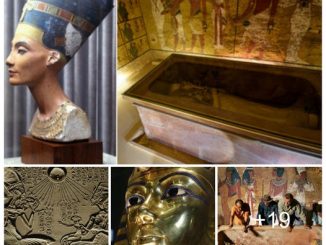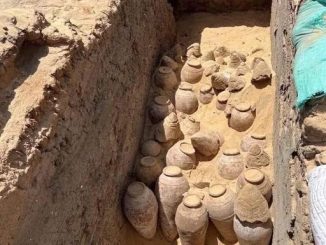Nestled amidst the fertile plains of Mesopotamia lies Eridu, a city shrouded in myth and mystery. According to Mesopotamian sources, Eridu holds the distinction of being the first city in history, founded during the Early Ubaid period around 5400 BC. This ancient settlement is not only steeped in legend but also serves as a vital link to understanding the origins of urban civilization. Join us as we embark on a journey to explore the rich tapestry of Eridu’s history, from its mythical beginnings to its enduring legacy in the annals of human civilization.
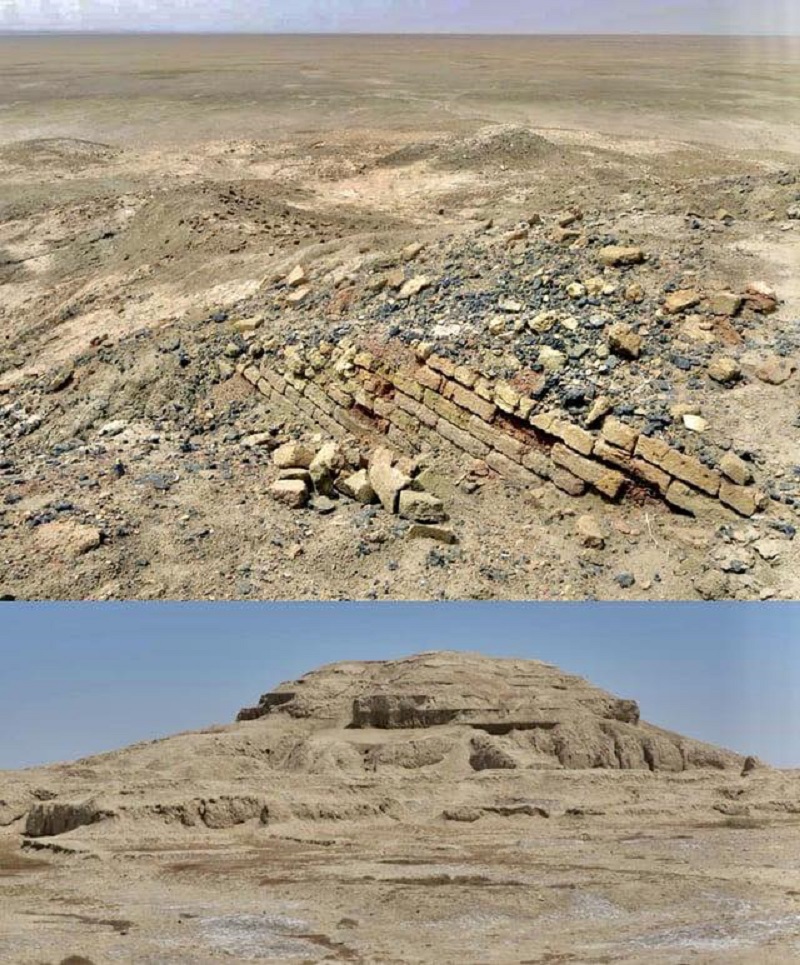
Myth and History: Unraveling the Origins of Eridu
Eridu’s origins are entwined with myth and legend, as recounted in ancient Mesopotamian texts such as the Sumerian King List. According to these sources, Eridu was founded by the gods themselves, serving as a sacred abode and center of worship for deities such as Enki, the god of water and wisdom. The city’s mythical significance is further emphasized by the inclusion of mythical rulers in the Sumerian King List, who purportedly reigned over Eridu for incredibly long periods before the Universal Flood reshaped the landscape of Mesopotamia.
Archaeological Discoveries: Uncovering the Past
The archaeological exploration of Eridu has provided invaluable insights into the early development of urban life in Mesopotamia. Excavations at the site have revealed the remnants of ancient temples, residential complexes, and irrigation systems, attesting to the city’s importance as a center of religious and economic activity. Furthermore, the discovery of clay tablets inscribed with cuneiform script has shed light on the administrative and cultural practices of Eridu’s inhabitants, offering a glimpse into the daily lives of ancient Mesopotamians.
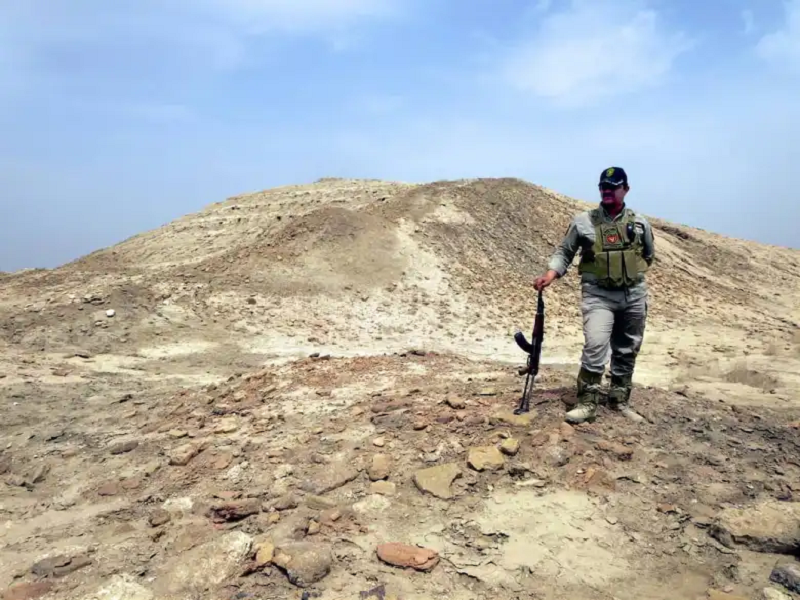
Urban Planning and Innovation
Eridu’s status as the first city in history underscores its significance as a pioneering center of urbanization and innovation. The layout of the city, characterized by concentric rings of temples and residential areas, reflects a sophisticated understanding of urban planning and resource management. Moreover, the development of advanced irrigation techniques, such as the use of canals to harness the waters of the nearby Euphrates River, facilitated agricultural productivity and sustained the burgeoning population of Eridu.
Legacy and Influence
The legacy of Eridu extends far beyond its physical remains, permeating the cultural and intellectual heritage of Mesopotamia and beyond. As the cradle of civilization, Eridu’s influence reverberated throughout the ancient Near East, shaping the political, religious, and artistic traditions of subsequent societies. The city’s mythic significance as a sacred center continued to resonate in Mesopotamian religion and mythology, with Eridu remaining a focal point of reverence and pilgrimage for generations to come.
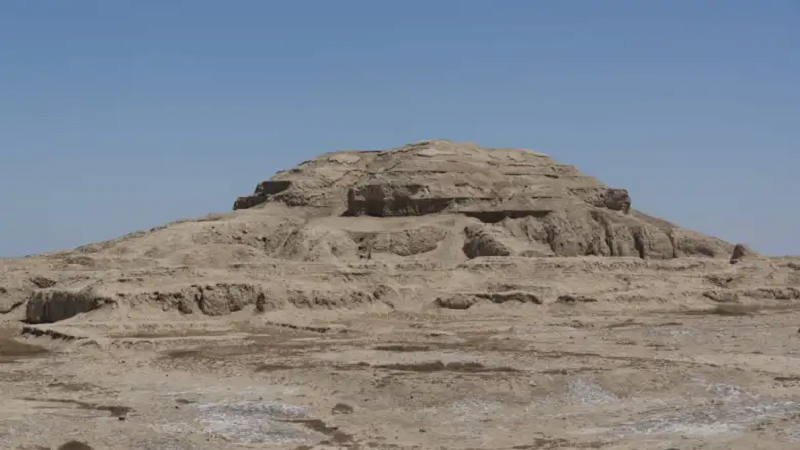
In conclusion, Eridu stands as a testament to the ingenuity and resilience of humanity in the face of adversity. As the first city in history, it paved the way for the emergence of urban civilization and laid the foundation for the cultural achievements of ancient Mesopotamia. Through archaeology and historical inquiry, we continue to unravel the mysteries of Eridu’s past, gaining a deeper understanding of our shared human heritage and the enduring legacy of the world’s earliest urban centers. As we explore the remnants of ancient cities like Eridu, let us honor the lessons they impart and strive to build a future grounded in wisdom, innovation, and mutual respect.
Read more : https://model.icusocial.com/author/bspvt01/?utm_source=KC&utm_medium=H&utm_id=3
